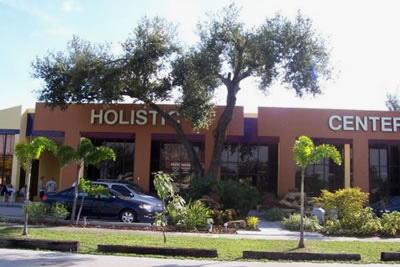Dentists, Physicians, and Drug Rehab Centers in New Jersey Take Aim At Preventing Opioid Abuse

The New Jersey Dental Association released new guidelines on November 3 surrounding the prescribing and dosing of prescription opioids. At present, dentists are among the leading prescribers of opioids for pain management following procedures such as tooth extraction and root canals. In the midst of a national opioid crisis, healthcare providers such as dentists, physicians, and drug rehab centers in New Jersey are developing solutions to prevent unused opioids from falling into the hands of those susceptible to addiction.
If you or someone you care about is addicted to prescription painkillers, get help immediately to lower your risk for an accidental overdose. Call our 24/7 confidential helpline at 888-414-2380 to learn more about addiction treatments and rehab centers that can help you fight and overcome addiction.
Opioid Prescribing Practices Among New Jersey Dentists

Dentists in New Jersey are encouraged to warn patients about opioid abuse.
The new guidelines were released at the Partnership for a Drug-Free New Jersey’s Do No Harm Symposium, a workshop designed to educate prescribers about safer opioid prescribing methods. The workshop explored opioid abuse in New Jersey specifically, as well as the link between prescription painkillers and heroin use. Dentists who attended the symposium were educated about the importance of informing patients and their families about the risks of opioid dependence, abuse, and side effects.
Dr. Elisa Velazquez, a pediatric dentist in Ocean County, says some dentists prescribe a month’s worth of painkillers when only a week’s worth are needed to help manage pain. Unused painkillers are then left behind in medicine cabinets accessible to family and friends, or used inappropriately after patients stop experiencing chronic pain. Opioid prescribing methods are especially important to take into consideration when treating youth, since procedures like wisdom teeth removal could lead to a teen’s first experience with opioids.
The new guidelines suggest that dentists seek alternative treatments for pain management before resorting to opioids. For instance, the guidelines urge dentists to use anti-inflammatory drugs such as ibuprofen and acetaminophen to treat chronic pain, which are often safer and more effective than opioids for dental-related pain. New Jersey hopes these new changes will improve opioid abuse and overdose rates throughout the state.
Preventing Opioid Abuse in New Jersey Communities
Earlier this year, the CDC released new guidelines for prescribing opioids for chronic pain to physicians. The guidelines are similar to those released for New Jersey dentists, and focus on improving prescribing practices to prevent and lower the risk for opioid dependence and addiction.
Drug rehab centers in New Jersey are also taking aim to prevent opioid abuse by not only helping addicts overcome addiction, but educating patients on opioid use in general. Opioid painkillers are highly addictive, and can lead to the use of more deadly, potent opioids such as heroin, fentanyl, and carfentanil. Patients who struggle with opioid dependency have better chances at overcoming addiction and avoiding relapse after receiving addiction education during rehab treatment.
If you or someone you love is addicted to opioid painkillers, understand it’s never too late to get help. Call our 24/7 confidential helpline at 888-414-2380 to learn more about drug rehab centers in New Jersey that can help you or your loved one overcome opioid dependency and addiction.
